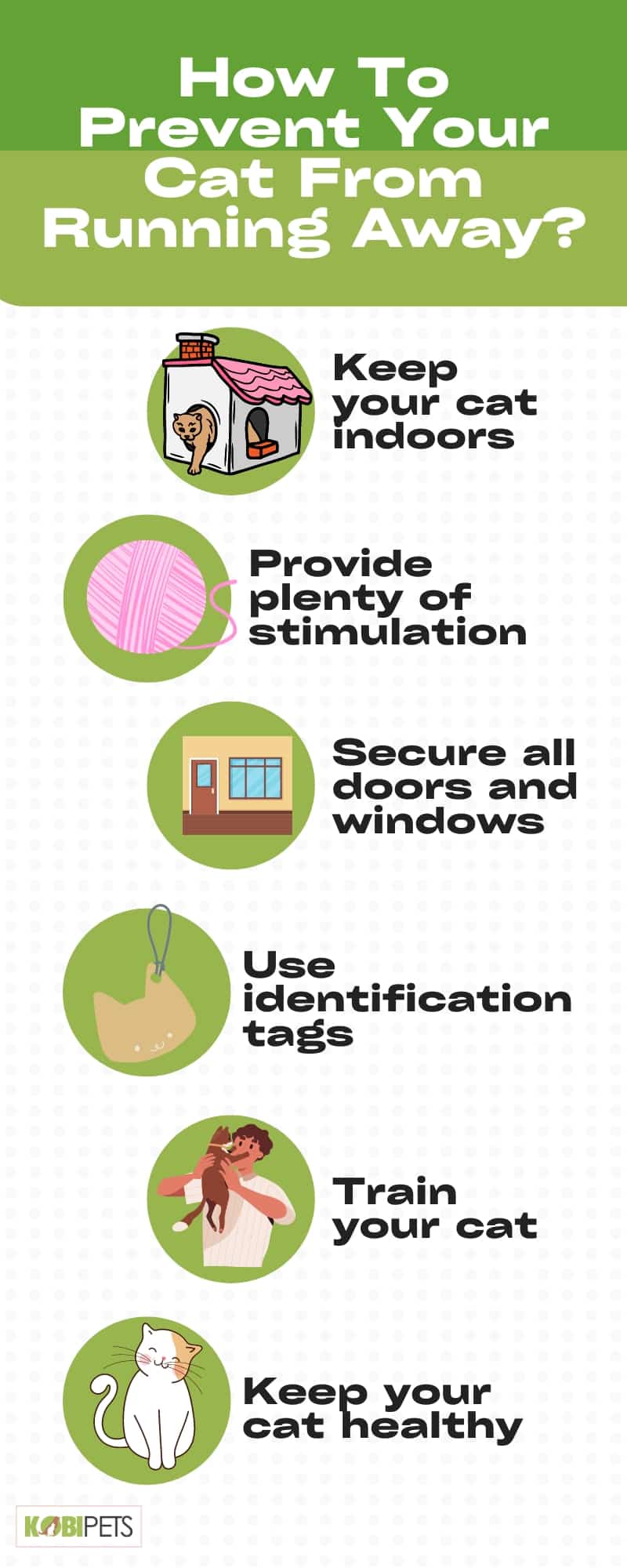
Cats may seem independent and low-maintenance, but providing a cat with the proper care that it needs can be incredibly challenging.
Cats may run away due to their natural instincts to explore, hunt, and mark their territory. Fear, anxiety, boredom, and unfamiliar surroundings are other factors that may lead to a cat running away.
Why Do Cats Runaway?
Cats running away from home can be an incredibly stressful experience for owners. It can also leave one feeling helpless and clueless as to how best to navigate the situation.
Understanding why cats run away, along with the proactive steps that can be taken to reduce the risk of it happening, is key.
1. Curiosity and Exploration
Cats are known for their curious and exploratory nature, which can sometimes lead them to run away from home. Whether it’s chasing after a bird or exploring a new environment, cats have an innate drive to satisfy their curiosity.
However, this behavior can also put them in danger if they wander too far from home. As responsible pet owners, it’s important to provide our feline friends with plenty of mental and physical stimulation to satisfy their natural instincts while keeping them safe.
This can include providing interactive toys, scratching posts, and supervised outdoor time in a secure area.
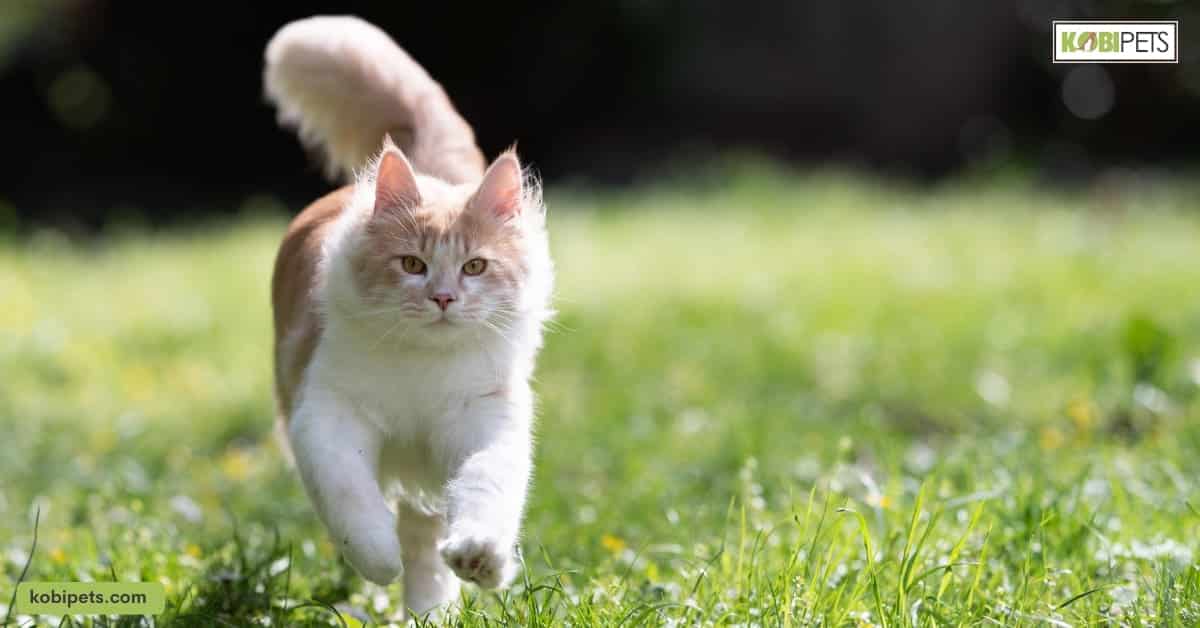
2. Fear and Anxiety
Fear and anxiety are two emotions that can often be confused with each other. Fear is a response to a specific, real danger, while anxiety is an excessive and unfocused fear that may be triggered by a variety of situations.
In cats, fear and anxiety can cause them to run away or hide. It’s important for cat owners to understand the difference between these two emotions in order to properly address their cat’s behavior.
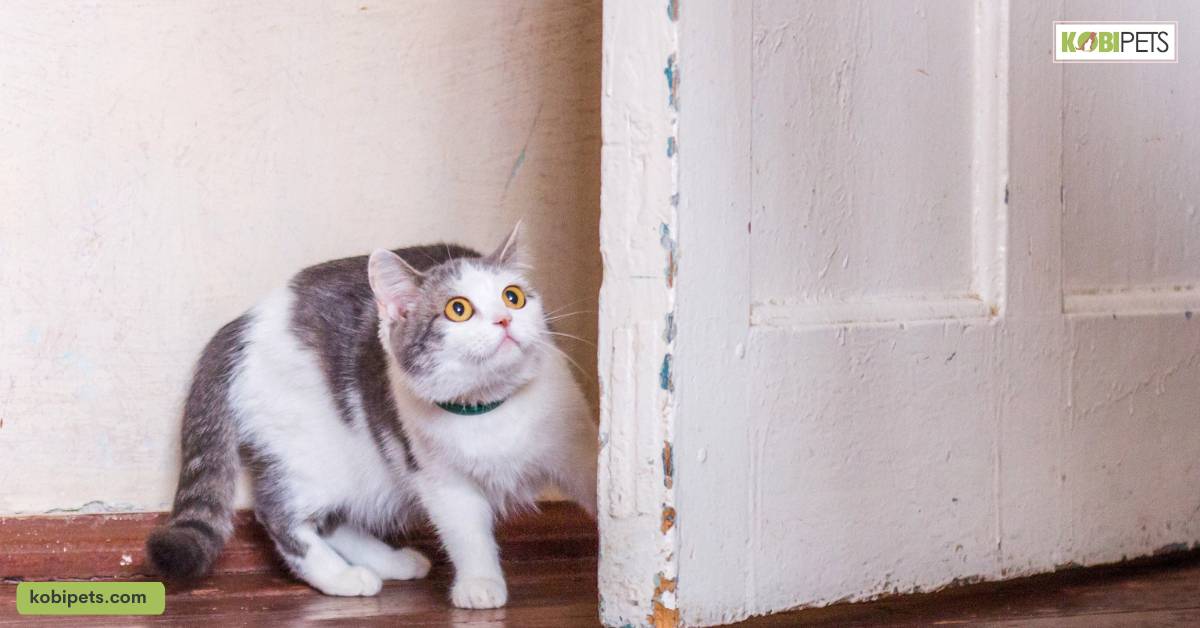
3. Hunting Instincts
Cats are natural hunters, and their instincts to hunt and chase prey are deeply ingrained. This is why cats may run away from home in pursuit of prey, even if they have a comfortable life indoors.
The thrill of the hunt can be irresistible to cats, and they may not return home until they have satisfied their hunting instincts.
As responsible cat owners, it’s important to provide our feline friends with safe and humane ways to satisfy their hunting instincts, such as interactive toys or games that simulate the thrill of the hunt without harming wildlife.
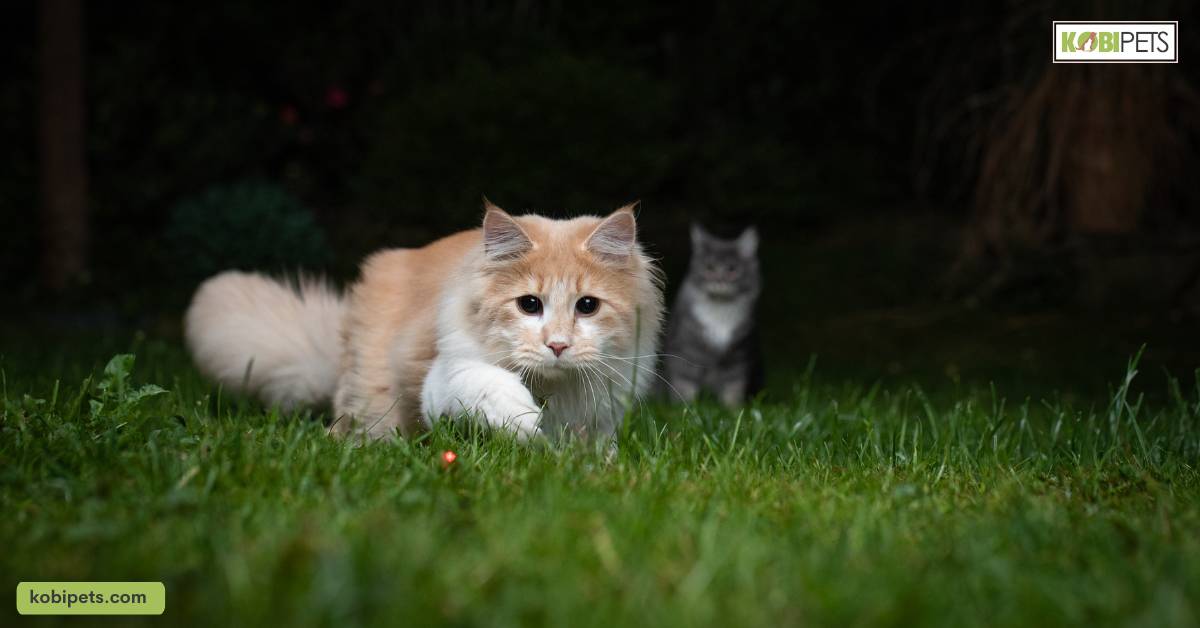
4. Boredom and Restlessness
Just like humans, cats can experience boredom and restlessness. These emotions can lead to a variety of behaviors, including running away from home. When cats are bored or restless, they may seek out new environments or activities to stimulate their senses.
If they are not provided with enough mental and physical stimulation in their current environment, they may become more likely to run away in search of something more exciting.
To prevent cat runaways due to boredom and restlessness, it’s important to provide your feline friend with plenty of opportunities for play, exploration, and socialization.
This can include interactive toys, scratching posts, and regular playtime with their human family members.
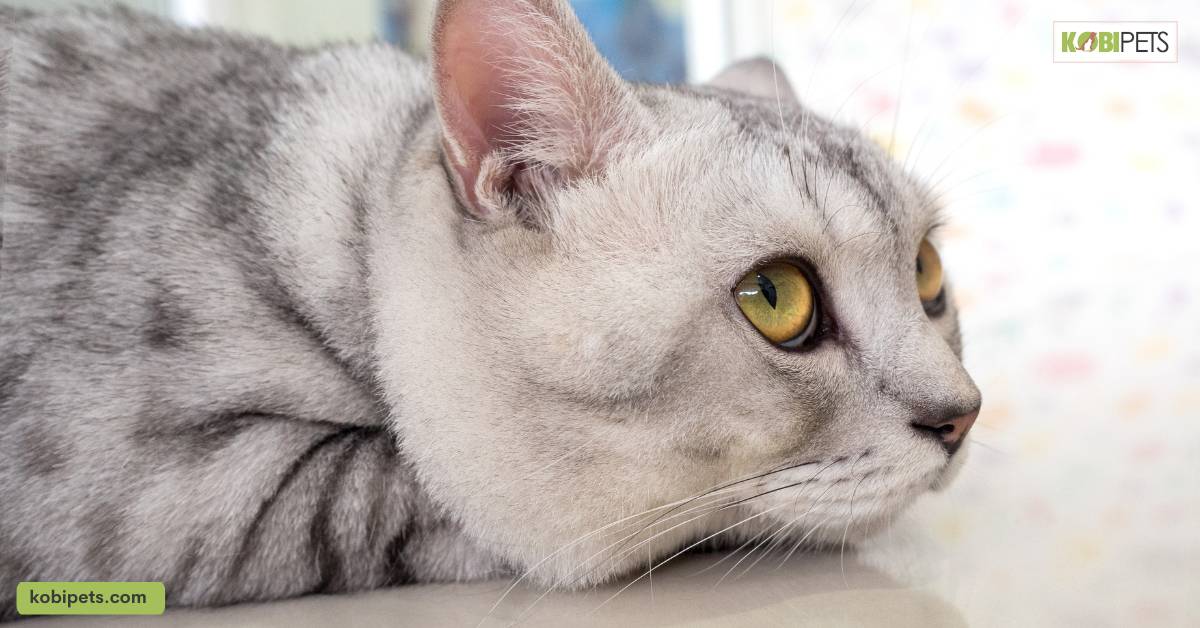
5. Territorial Disputes
While territorial disputes are often associated with conflicts between countries, they can also occur within the animal kingdom.
For example, cats are known for their territorial behavior and may run away from home if they feel their territory is threatened by other cats or animals.
This can be especially true for outdoor cats who roam freely and encounter other felines in their neighborhood.
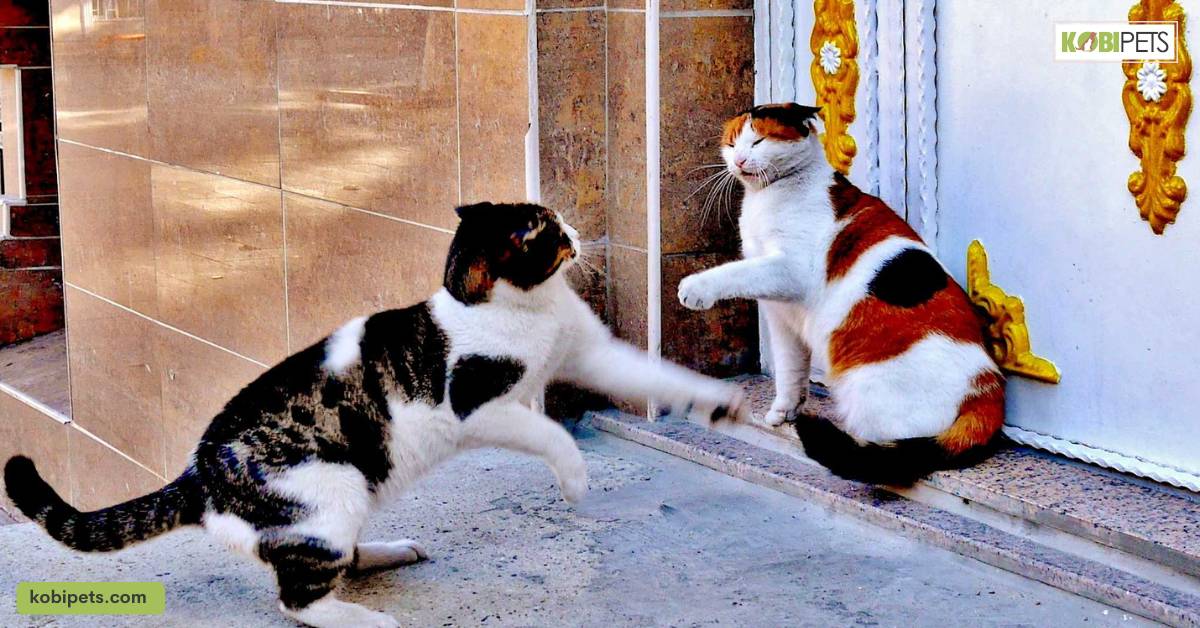
6. Medical Issues
Sometimes, cats may run away due to underlying health issues. If your cat suddenly starts running away from you and it’s out of character, it could be a sign of illness or injury.
Cats are known for hiding their pain, so if they’re in discomfort, they may try to escape to find a quiet and safe place to recover.
Additionally, older cats may experience cognitive dysfunction syndrome (CDS), which can cause confusion and disorientation, leading them to wander off and get lost.
It’s essential to take your cat for regular check-ups with the vet to ensure their health is in good condition.
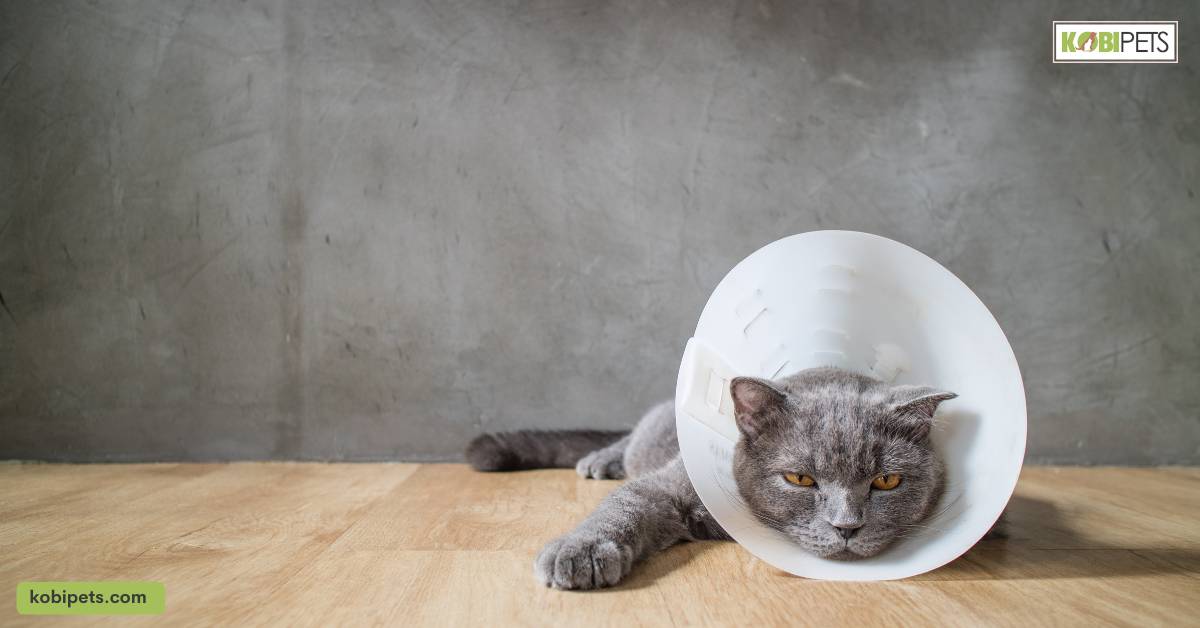
7. Unfamiliar Surroundings
Cats are creatures of habit and thrive on routine. When they find themselves in unfamiliar surroundings, it can cause them to become anxious and stressed, leading them to run away.
This can happen when moving to a new home or taking your cat on a trip to an unfamiliar location. It’s important to make sure your cat has a safe space where they feel comfortable and secure, such as a cozy bed or hiding spot.
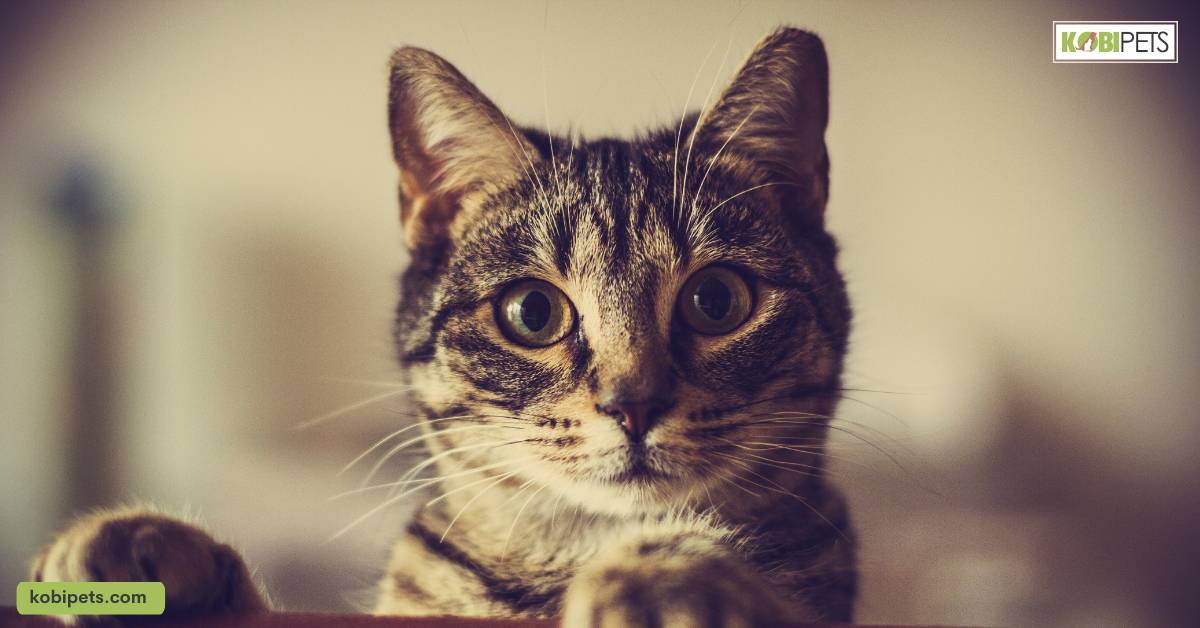
8. Neglect and Lack of Attention
Neglect and lack of attention can also be a reason why cats run away. Cats are social animals that require love, attention, and care from their owners.
If they feel neglected or ignored, they may seek attention elsewhere or even run away.
It’s essential to provide your cat with enough food, water, and playtime to keep them happy and healthy. Neglecting these basic needs can lead to behavioral issues such as running away.
As a responsible pet owner, it’s crucial to give your cat the love and attention they deserve to prevent them from running away.
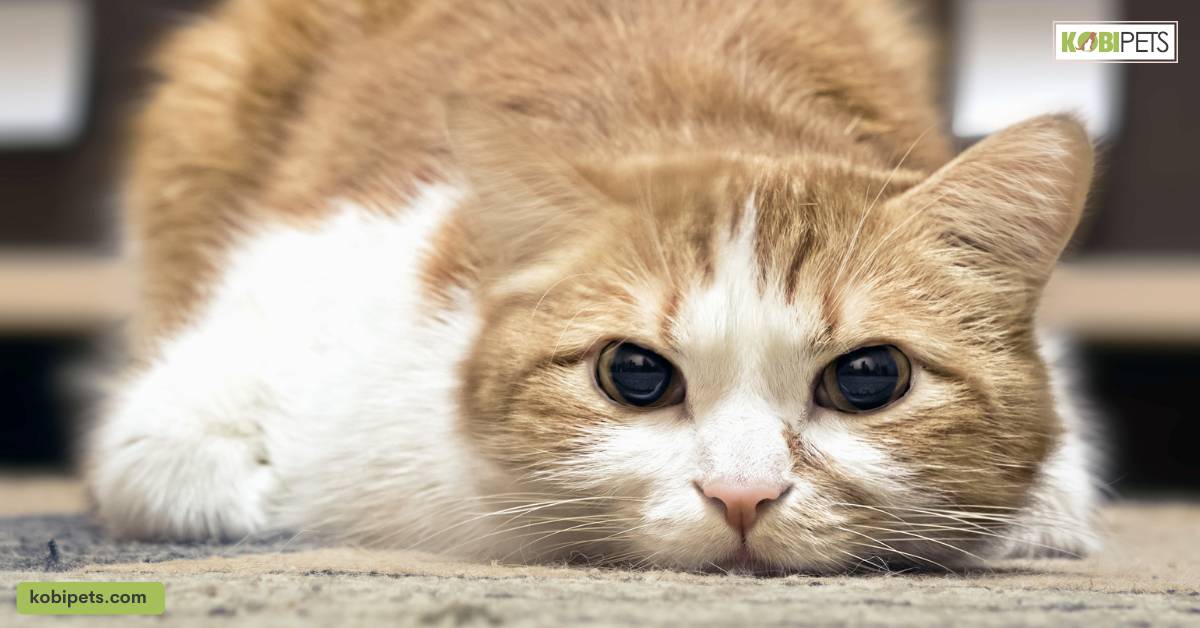
9. Escaping from Danger
Cats are known for their curious nature, but sometimes their curiosity can lead them into dangerous situations.
When faced with danger, cats may instinctively run away to protect themselves.
This could be anything from a loud noise that startles them to a predator that poses a threat. Additionally, cats may run away if they feel threatened or uncomfortable in their environment.
It’s important to create a safe and secure space for your cat to prevent them from running away due to fear or danger.
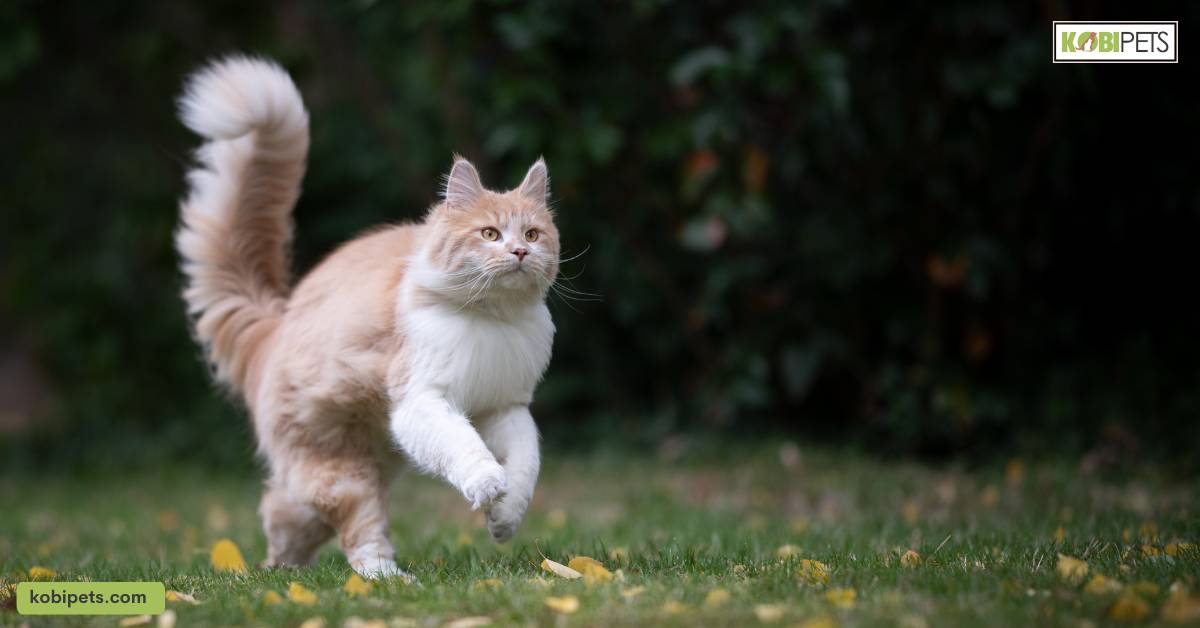
10. Human Error
Human error is a common occurrence that can lead to unintended consequences, including pet safety issues.
When it comes to cats running away, human error can take many forms, such as leaving doors or windows open, not properly securing outdoor enclosures, or failing to supervise outdoor playtime.
It’s important for pet owners to recognize and address potential sources of human error in order to minimize the risk of their cats running away and getting lost.
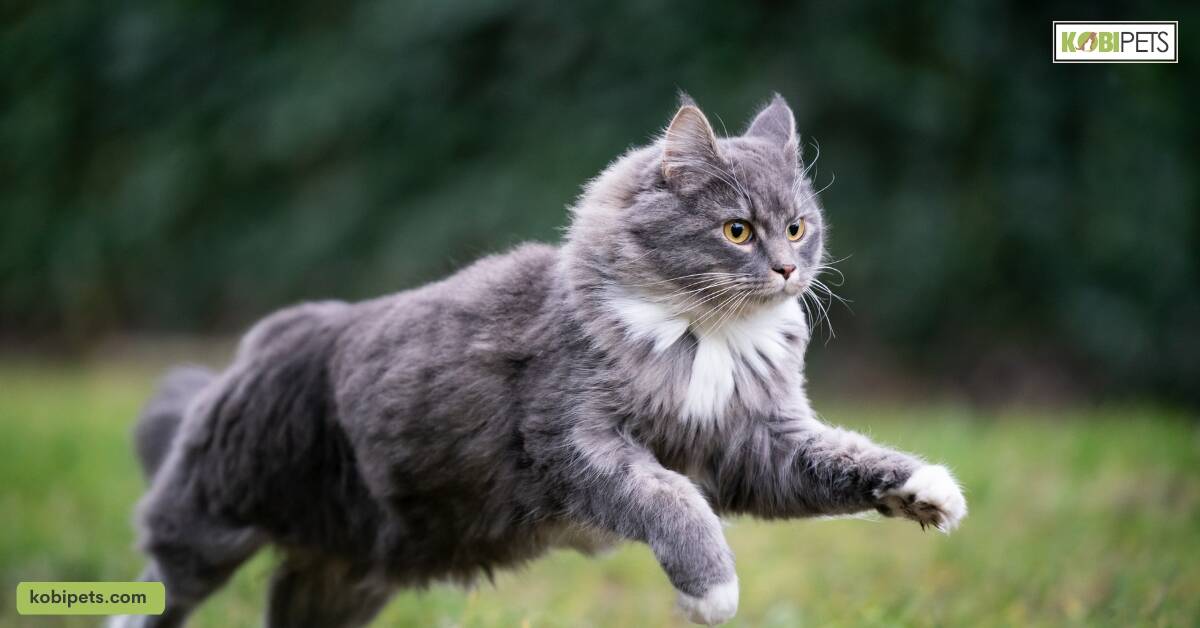
How To Prevent Your Cat From Running Away?
Cats are naturally curious creatures and may sometimes feel the urge to explore beyond the confines of their home.
As a pet owner, it is important to take certain precautions to prevent your cat from running away.
Here are some tips to help keep your feline friend safe and secure:
- Keep your cat indoors: The safest way to prevent your cat from running away is to keep them indoors. This way, you can control their environment and keep them away from potential dangers outside.
- Provide plenty of stimulation: Boredom and restlessness can sometimes drive cats to escape in search of excitement. Provide your cat with plenty of toys and activities to keep them entertained and mentally stimulated.
- Secure all doors and windows: Make sure all doors and windows in your home are securely closed. It should have screens to prevent your cat from escaping. If your cat enjoys spending time outside, consider creating a secure outdoor enclosure or catio.
- Use identification tags: Make sure your cat wears identification tags with your contact information. It can help in case they do manage to escape. Microchipping is also a good option as it provides a permanent form of identification.
- Train your cat: Train your cat to respond to commands such as “come” and “stay”. Positive reinforcement techniques such as treats and praise can be used to encourage good behavior.
- Keep your cat healthy: Regular veterinary check-ups can help identify. Treat any underlying medical issues that may cause your cat to run away. Keeping your cat healthy and happy can also reduce the urge to escape.
In conclusion
While cats occasionally run away and can make finding them a difficult, if not impossible task, understanding why they do so can help prevent it from happening in the first place.
By providing your cat with a safe and stimulating home environment free from potential threats, addressing any medical issues that might cause them discomfort, and offering plenty of affection and attention, you can keep your beloved feline content and close to home.
